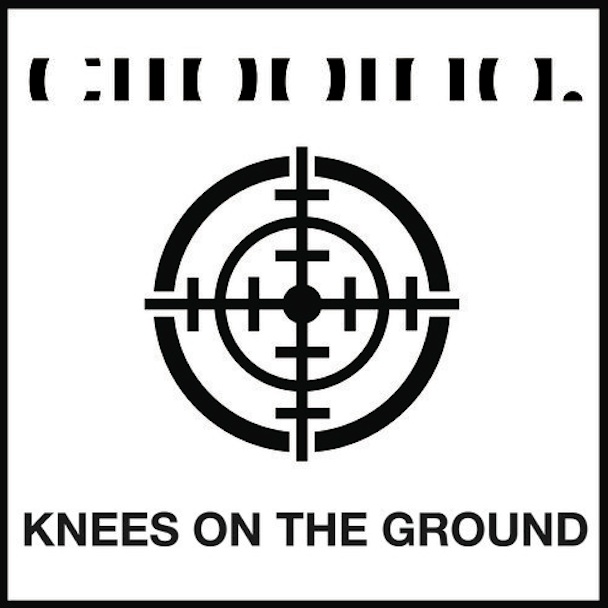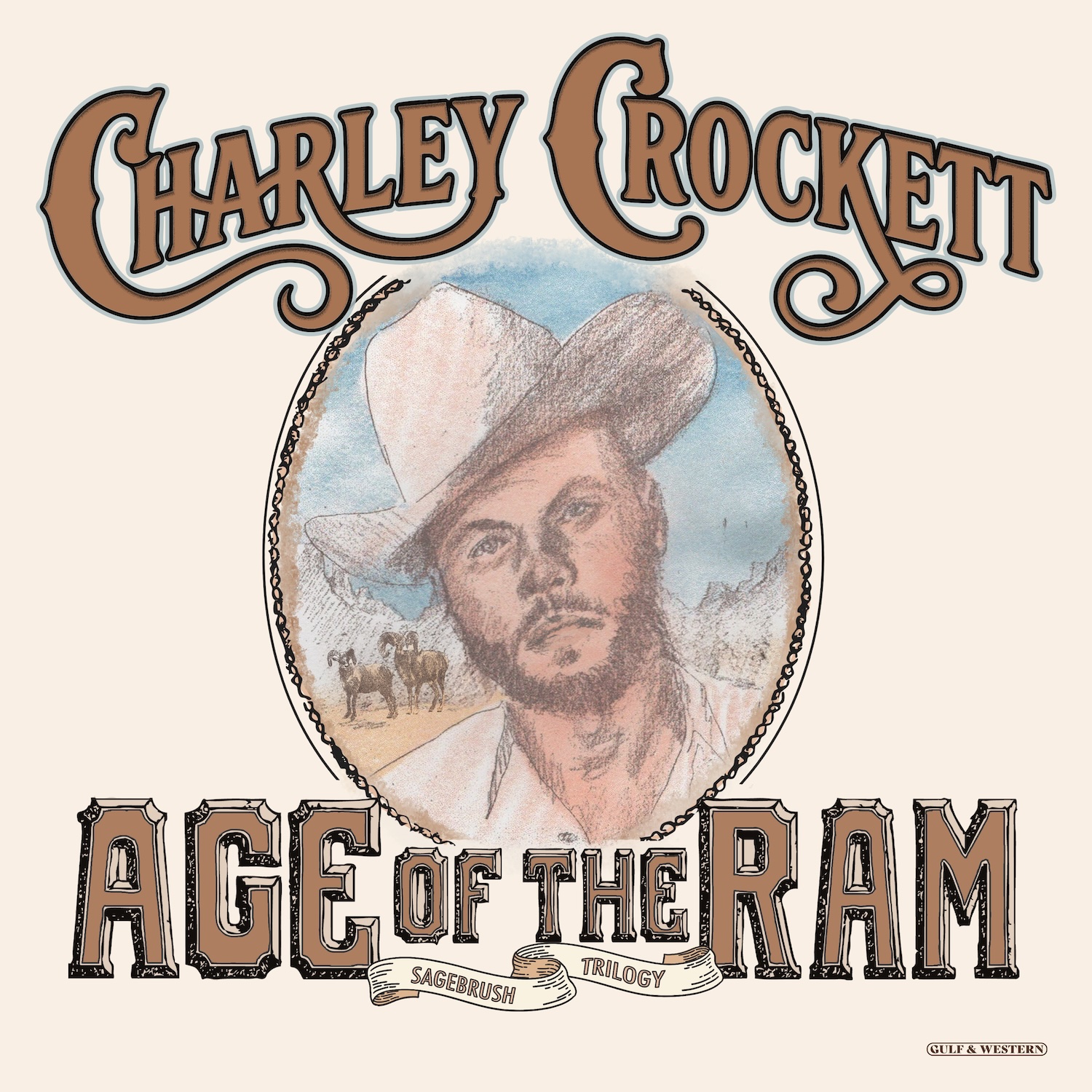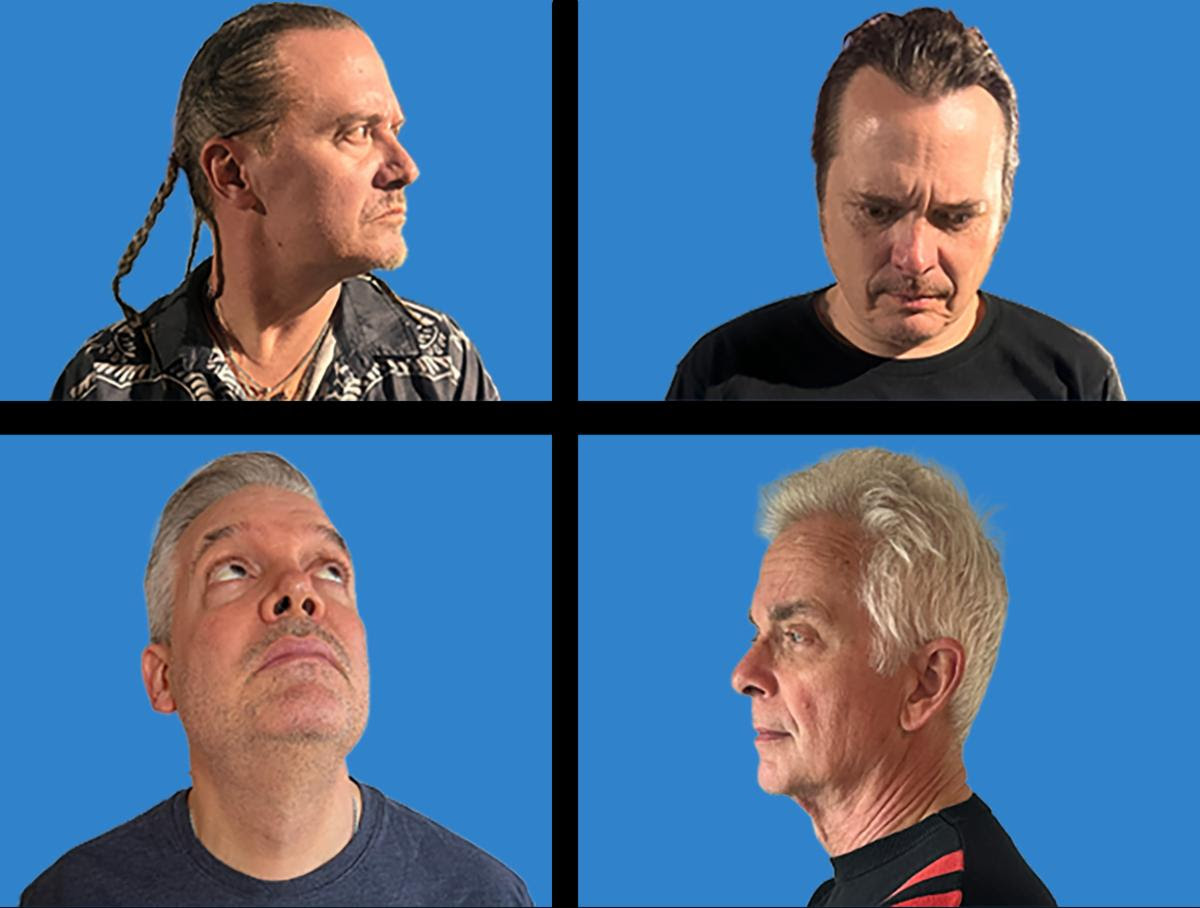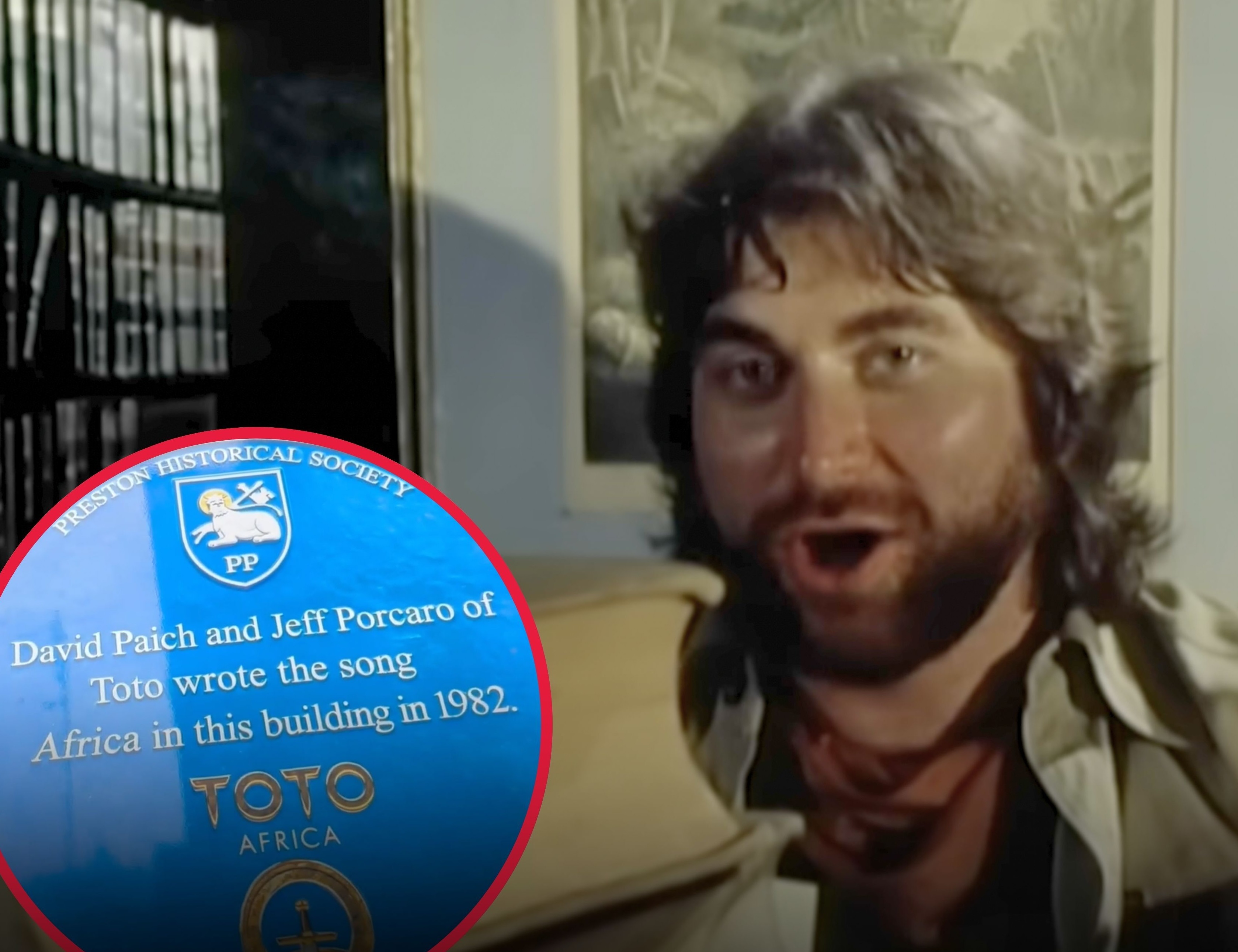The Californian noise-rap group clipping. make bracing, confrontational music, but it's not really political music, at least in the way that "political rap" is usually understood. Still, the three members of the group have recently found themselves doing the same thing as so many of us: Watching the police/protester clashes in Ferguson, Missouri with a growing sense of helplessness and doom, feeling like we know that nothing is going to change no matter who does what. And so clipping. have switched up their not-explicitly-political standpoint to record "Knees On The Ground," their response to the events of the last two weeks. The harsh industrial rap track does the usual clipping. thing of describing a fictional scenario that builds toward an intense, unbearable conclusion, but we all know what they're talking about this time. Below, listen to "Knees On The Ground" and read some words about the track from clipping. producer William Hutson.
Hutson writes:
Our new track “Knees On The Ground” might benefit from an explanation. This is the most unguarded I ever intend to be when writing about Clipping.
What had happened was this: our very brief UK/Europe trip got called-off the day before we were supposed to get on a plane to London. Since we didn’t have any other plans, we met up in the studio with an idea to crank out a new track. On our list of songs to finish was one particular piece aimed directly at the club (or, at least, our twisted idea of what clubs should play). But none of us were in the mood for it. Each of us had spent the previous several days following the news of protests in Ferguson, MO. It was the only thing on our minds. We couldn’t bring ourselves to think about anything else, so we decided to direct our fear, our revulsion, our heartbreak into a new track.
The problem was that we’d defined our band — in interviews and to each other — as decidedly-not-an-activist-project. Diggs’s lyrics have been criticized for seeming apolitical, at least in comparison to what many listeners (perhaps rightly) expect to hear from an ‘experimental’ rap group. I have many times said (perhaps naïvely) that our politics lie in our structures, in our formal engagement with the rap genre. We love its conventions, its clichés, and we’re not above them. We see our participation in rap as something resembling an old punk flyer — an out-of-context collage of charged images with an fractured, contradictory, multiple point-of-view. I hope that our more dedicated listeners hear this and understand that we’re not interested in spoon-feeding them a position. At the same time, I’ve always assumed that they pretty much agree with us on most issues anyway. (We have yet to meet the misogynist, homophobic, white supremacist Clipping fan with an MBA and an NRA membership).
So what do we do when all we can think about, all we can feel, is a profound injustice — yet another young unarmed person of color is murdered by a police officer? How does a band, which overtly rejects affect and the emotions, address something that is, for its authors, a deeply felt, deeply affecting topic? Well, we don’t entirely know. But the fact is: there’s more truth in Diggs’s lyrics than we generally let on. “Inside Out” describes a drive-by shooting in Oakland, “Chain” is about three stick-ups. They are presented with a lot of detail and specificity (perhaps the result of personal experience). But at the same time, they represent archetypal scenarios within rap music. One trope we had yet to explore as Clipping was the anti-police rap — the lineage of Public Enemy, NWA and Paris, straight through The Coup, and all the way into the ‘stop snitching’ panic of the early 2000s. “Knees On The Ground” is a paradigmatic white-cop-kills-an-unarmed-black-kid-and-gets-away-with-it tale — a story that happens all the fucking time in the US. What we have learned — from our first hand experience in Oakland in 2009, and from the media coverage of Ferguson in 2014 — is that the second part of this story involves a police response better suited to a war zone than to an American city. Cops think they’re playing Call Of Duty when they’re supposed to be part of a community. If Ferguson were in Iraq, Obama would have sent in an airstrike already.
This is the least obtuse Diggs’s lyrics will ever get. We’re embarrassed by the timeliness of this track. We do not intend to capitalize on what is, undoubtedly, a terrible tragedy. But journalists make think-pieces and we make songs. Writers write what they know, and this is what we know right fucking now.






